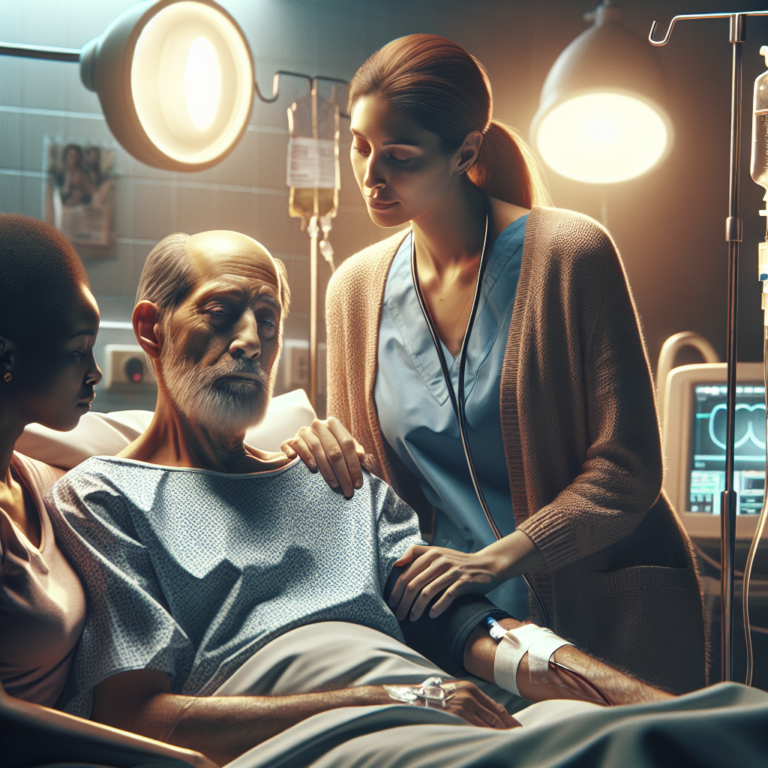Unlocking Treatment Options: The Impact of Understanding Family History

At 67, Andrea faced a daunting health battle that many families dread. After successfully overcoming breast cancer 15 years prior, her life took a sudden turn when she was diagnosed with stage III pancreatic cancer in 2015. This news prompted a series of medical evaluations and family conversations about their genetic history, revealing a hereditary link to cancer that would significantly influence her treatment options.
Understanding the Genetic Connection
Cancer ran in Andrea’s family, with a notable history of breast cancer among her relatives. In September 2015, just before her pancreatic diagnosis, her daughter discovered that she was BRCA2 positive—a genetic mutation linked to various cancers. As a physician in oncology training, she recognized the implications of this mutation, particularly that it might enhance sensitivity to platinum-based chemotherapy for patients like her mother.
With two BRCA-related cancers in the family, Andrea pursued genetic counseling and testing at the Siteman Cancer Center in St. Louis. This proactive approach was crucial, especially as they awaited confirmation of the BRCA2 mutation in Andrea’s genetic profile.
Personalized Chemotherapy Treatment
Relocating to St. Paul to be closer to her family, Andrea began treatment with Dr. Thomas Ducker at Minnesota Oncology. While waiting for her genetic results, she started on a regimen of gemcitabine and Abraxane. After receiving confirmation that she shared the same BRCA2 mutation as her daughter, she decided to switch to a chemotherapy plan that included cisplatin alongside gemcitabine.
- Reasons for Choosing Platinum-Based Chemotherapy:
- The BRCA2 mutation indicated potential effectiveness.
- Avoidance of FOLFIRINOX due to previous nausea and her frail condition.
- Aiming for a treatment with manageable side effects.
By March 2016, Andrea was nearing the end of her third cycle of chemotherapy. Though she experienced some mild nausea, it was minor compared to her past treatments. Encouragingly, her pain had diminished, and she had yet to develop any neuropathy, a common side effect of cisplatin. However, her treatment was briefly delayed due to low neutrophil counts.
The Importance of Family Medical History
Andrea’s journey underscores the importance of understanding family medical history, especially when it comes to genetic predispositions toward diseases like cancer. Awareness of such conditions can dramatically influence treatment pathways and outcomes.
As Andrea’s story highlights, being informed about genetic factors can empower families to seek appropriate medical interventions and consider personalized treatment options.
Though she ultimately passed away, Andrea’s experience shares vital insights into the intersection of genetic counseling, cancer treatment, and family legacy. Her daughter’s efforts to raise awareness about BRCA2 and specialized therapies can serve as a beacon of hope for others navigating similar challenges.
For more information on the impact of family medical history on health, explore this resource.






